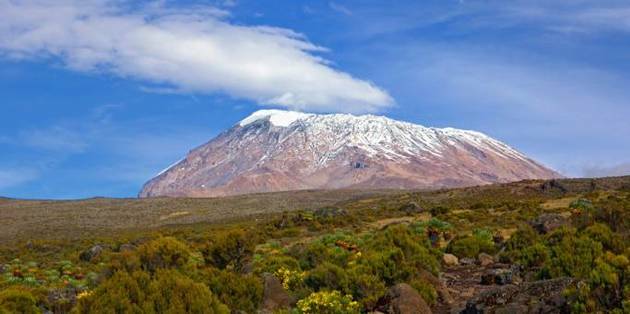Josué de Castro (1908-1973) was a Brazilian thinker and political activist born in the city of Recife. Despite not being a geographer by training (his degree was in medicine), he became one of the greatest thinkers of geography, mainly due to the works Geography of Hunger and Geopolitics of Hunger.
In addition to his medical training, he was also a professor in Physiology (Faculty of Medicine of Recife), full professor of Human Geography (Faculty of Social Sciences of Recife and the University of Brazil) and Anthropology (University of the District Federal). He was also Brazil's ambassador to the UN, in Geneva, in addition to having been elected Federal Deputy by the PTB (Brazilian Labor Party) in 1954 and 1958. As a result of the deployment of the military regime, even though the Deputy with the highest number of votes in the Northeast, Josué de Castro had his political rights revoked by Institutional Act No. 1 in 1964.
Castro characterized his thinking as breaking with some false convictions that prevailed in his period (and which are still present today) that hunger and misery in the world were the result of excess population and scarcity of resources natural.
In his works, he proved that the question of hunger was not about the quantity of food or the number of inhabitants, but from the poor distribution of wealth, increasingly concentrated in the hands of fewer people. For this reason, he believed that the problem of hunger would not be resolved with the expansion of food production, but with the distribution not only of resources, but also of land for workers to produce, becoming a staunch advocate of agrarian reform.
Geography of Hunger
Do not stop now... There's more after the advertising ;)
Right at the beginning of your work Geography of Hunger, Josué de Castro stated that “Interests and prejudices of a moral and political and economic order of our so-called Western civilization have made famine a forbidden, or at least unadvisable, topic. addressed".
In this work, the author carried out an intense work to map the entire distribution and concentration of hunger in Brazil. The result was the overthrow of some myths: that hunger was due to climatic influences or that the process was blamed on the unproductiveness of the population that opted for leisure, arguments that are still quite popular today.
The author divided the country into five regions according to the food characteristics of each one of them. He analyzed the natural features, as well as some historical processes, such as colonization and the political and economic transformations of each location. Thus, he proved that the occurrence of hunger and malnutrition in the population was not related to natural factors, but political, requiring the adoption of food distribution policies and the implementation of the reform agrarian.
Geopolitics of hunger
In this work, unlike the first one presented, Josué elevates the analysis of hunger to an international level, regionalizing his analysis between the continents of America, Africa, Asia and Europe.
Joshua continues and confirms his thesis that the issue of hunger is about the poor distribution of wealth and products, and not about scarcity in quantitative terms. In this sense, he demonstrates how colonization and economic dependence processes are directly linked to the generation of poverty and extreme misery in the world.
By Rodolfo Alves Pena
Graduated in Geography
Would you like to reference this text in a school or academic work? Look:
PENA, Rodolfo F. Alves. "Josué de Castro"; Brazil School. Available in: https://brasilescola.uol.com.br/geografia/josue-castro.htm. Accessed on June 27, 2021.


